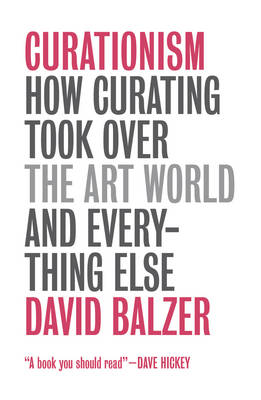Category Archives: Globes
Victorian and Edwardian Railway Travel
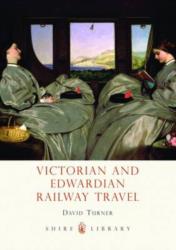
The railway was one of the main modes of long distance travel for Victorian Britons, and its processes – checking the timetable, buying a ticket, taking a seat – were central to both the industry and leisure of the period. David Turner here tells the story of travelling by rail between 1830 and the First
1960s Britain
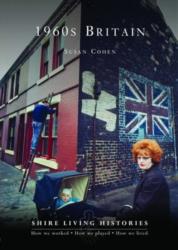
The 1960s was a defining decade for Great Britain. With the uncertainty and hardships of the Second World War finally put to rest, a new spirit of optimism swept the nation, and Labour`s promise of `the ending of economic privilege, the abolition of poverty in the midst of plenty and the creation of real equality
Prefab Homes

At the end of the Second World War Winston Churchill promised to manufacture half a million prefabricated bungalows to ease the housing shortage; in the end more than 156,000 temporary `prefabs` were delivered. Nicknamed `Palaces for the People`, and with convenient kitchens, bathrooms and heating systems, they proved popular and instead of being demolished as
The British Sailor of the First World War
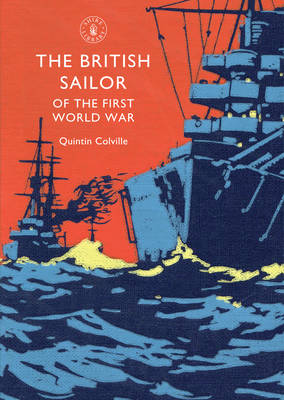
In 1914 Great Britain`s navy was the largest and most powerful the world had ever seen – but what was the everyday experience of those who served in it? This fully illustrated book looks at the British sailor`s life during the First World War, from the Falkland Islands to the East African coast and the
Disastrous History Of World
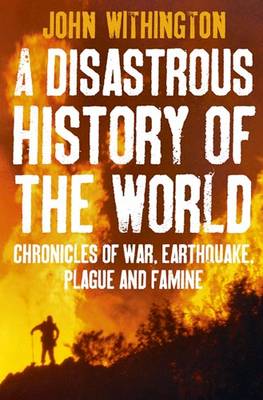
Tsunamis, earthquakes, floods, bird flu, international terrorism – the world seems to get more dangerous by the day. Or does it? John Withington`s disturbing yet fascinating new book describes the worst things that have happened on Earth from the dawn of man to the present day. Part One chronicles all the major natural calamities –
The Sharper Your Knife, the Less You Cry: Love, Laughter and Tears at the World`s Most Famous Cooking School

A true story of food, Paris, and the fulfilment of a lifelong dream In 2003, Kathleen Flinn, a thirty-six-year-old American living in London, returned from holiday to find that her corporate job had been terminated. Ignoring her mother`s concern that she get another job immediately or never get hired anywhere ever again, Flinn cleared out
Mindfulness: A Practical Guide to Finding Peace in a Frantic World
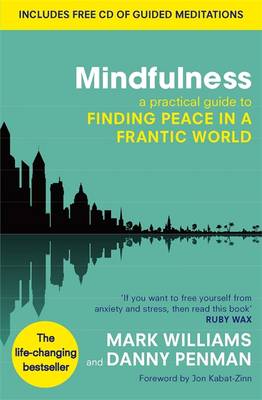
THE LIFE-CHANGING BESTSELLER. MINDFULNESS reveals a set of simple yet powerful practices that can be incorporated into daily life to help break the cycle of unhappiness, stress, anxiety and mental exhaustion and promote genuine joie de vivre. It`s the kind of happiness that gets into your bones. It seeps into everything you do and helps
Second World War
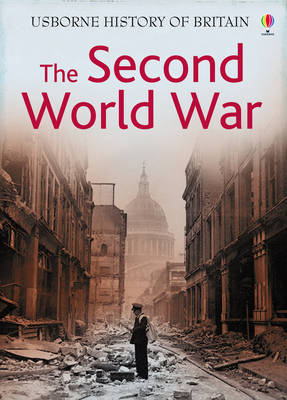
This book presents a fascinating introduction to the British involvement in the Second World War. It covers some of the most dramatic events of the War, including the Dunkirk evacuations, the Battle of Britain, the Battle of the Atlantic, fighting in the deserts of North Africa and the jungles of southeast Asia and the D-Day
101 Things To Do Before You Die
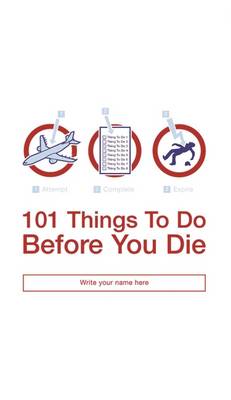
Have you ever Milked a Cow? Made the “Guinness Book of World Records”? Done the Monopoly Board pub crawl? Joined the Mile High Club? No? Then it`s high time you reassessed your priorities. “101 Things To Do Before You Die” is the definitive guide to everything you should do before it`s too late…and you bite
British Theatres and Music Halls
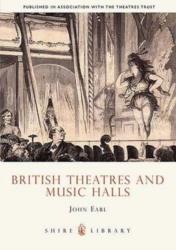
This book was commissioned by The Theatres Trust, the body charged by Acts of Parliament with `the better protection of theatres`. After decades of destruction, theatres are now recognised as significant records of the societies that produced them and valuable cultural resources for the prsent day. This book outlines the history of theatres and music
Old Buses
British Family Cars of the 1950s and `60s
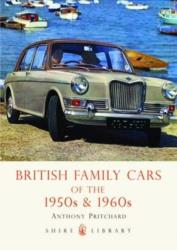
With the end of the Second World War it was not long before increasing wealth, cheaper cars, and social pressures made a family car the aspiration of thousands. Ford, Hillman, Standard, Morris and Vauxhall became household names, and the streets of Britain`s suburbs began to fill with modern-looking saloon cars, designed to transport mother, father
Land Rover
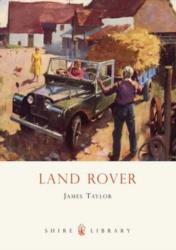
In the aftermath of the Second World War, the long-established Rover company of Solihull was fighting to survive. It needed a vehicle that would give it an advantage over its rivals. Taking the American Willys Jeep as inspiration, Rover designers came up with a four-wheel-drive utility vehicle that would become an all-time classic. The Land
The Morris Minor
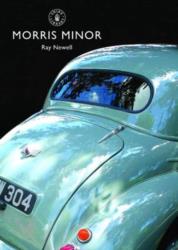
Well over half a century after it first appeared in 1948, the Morris Minor has become a much-loved classic car. It is as popular now as when in production. During the Second World War, when Alec Issigonis and his team began to design a prototype small car for the post-war era, few could have foreseen
The British Milkman
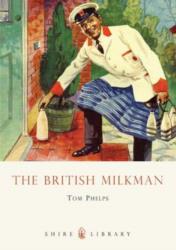
Tracing the footsteps of British milkman over the past one hundred years, this book takes a nostalgic look at a great British tradition. Investigating the many changes that have taken place over the years, from the delivery of milk via a seventeen gallon churn to the gentle electric milk float, “The British Milkman” discusses how
Railway Posters
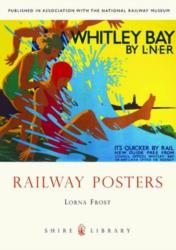
Railway posters have a huge appeal to the modern audience, but just what is it that appeals to us? Enduring images of iconic locomotives, bathing beauties and characters such as Sunny South Sam are testament to the persuasive power of the railway company marketing departments established in the late nineteenth century. Railway posters not only
Simplexity: The Simple Rules of a Complex World
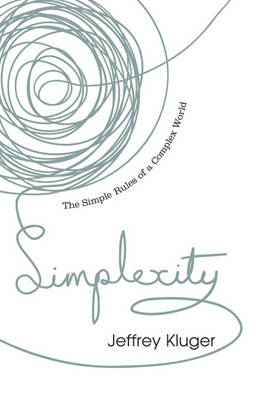
Why does kicking the TV work? What can the US military learn from the lowly bacterium? Why are the instruction manuals for cell phones incomprehensible? How does a spark of a single virus trigger an epidemic that claims millions? In recent years, cutting-edge studies in fields such as economics, genetics, stock-market analysis and child development
Empires of the Weak: The Real Story of European Expansion and the Creation of the New World Order
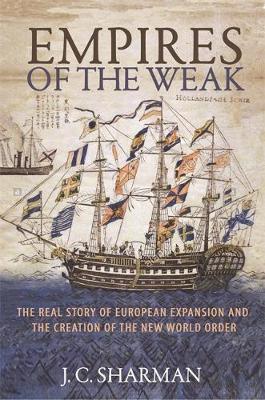
How the rise of the West was a temporary exception to the predominant world orderWhat accounts for the rise of the state, the creation of the first global system, and the dominance of the West? The conventional answer asserts that superior technology, tactics, and institutions forged by Darwinian military competition gave Europeans a decisive advantage







